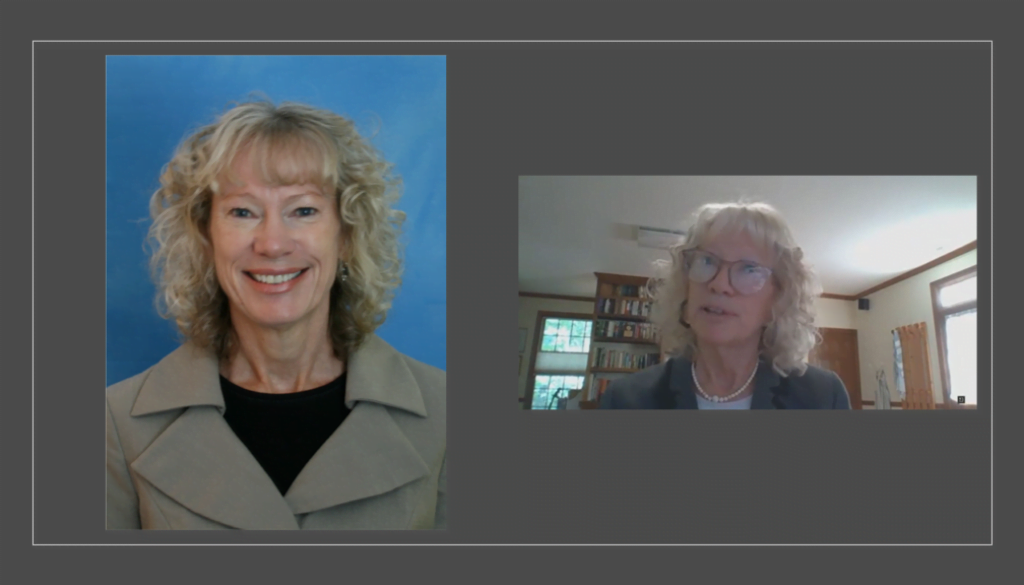Kathleen Mullan Harris Talks About Her Congressional Testimony on Life Expectancy
Kathleen Mullan HarrisTestifying before Congress was very rewarding, to see that all of our hard work was getting the attention of those who are in a position to make a difference and act to reduce the disparities in mortality and life expectancy that we documented in our Academies’ report.
Given that our main findings showed that those most disadvantaged—those with fewer educational opportunities, less income, lacking access to health care and other resources, and living in communities devastated by the loss of manufacturing jobs and long-term unemployment—were experiencing higher rates of mortality, it was quite clear to the Senators listening that social factors were driving these trends, a perspective that is often not represented in scientific reports on health.
Listening to the Senators respond and ask questions also emphasized to me the importance of making scientific findings and “facts” resonate with people’s lived experiences, and relate to their local communities as the Senators’ questions were focused on how members of their states and local communities were affected by the trends on which I was reporting and which problems were most prevalent in their states.
Overall, my experience was most gratifying. Senators seemed genuinely interested in what the data were showing and in agreement with the underlying causes of the disparities in life expectancy that our scientific report documented. Perhaps because high life expectancy is such a valued goal for all human societies (and the U.S. is relatively disadvantaged in life expectancy—ranked near the bottom among rich countries), this is a less contentious “health” topic to discuss with politicians, none of whom would like to see us continue to lose ground in the global context.
Read Dr. Harris’s full written testimony here. You can also watch the video of the hearing, which includes her testimony to the U.S. Senate Committee on Health, Education, Labor & Pensions on July 21, 2021.






All comments will be reviewed and posted if substantive and of general interest to IAPHS readers.